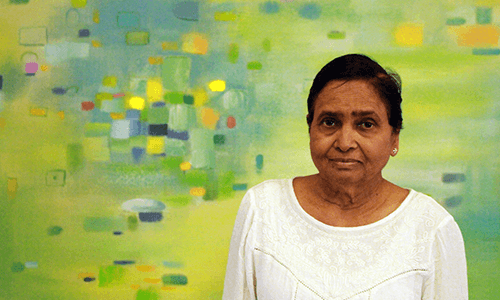Early insights from the 2021 Census data have been released this week, with some shocking results. Over one million dwellings – like holiday homes and investment properties – were unoccupied on Census Night. As we face a housing affordability crisis, are these empty dwellings the answer?
YWCA Australia thinks they’re part of the equation. In 2018, YWCA in partnership with Housing for All Australians and with pro-bono support and corporate donations, repurposed a vacant aged care facility to establish Lakehouse, transitional accommodation for older women in Melbourne who are experiencing or at risk of homelessness.
At a time when rental vacancy rates are 2.2% in Melbourne, and even lower in other parts of the country, Lakehouse provides a welcome reprieve to many women facing or at risk of homelessness. It is home to nearly 40 women at a time, and since it opened its doors, it has provided 106 women with a safe, secure place to rebuild their lives.
“Lakehouse makes a huge difference to women’s lives by giving them an opportunity to settle, regroup and be supported to secure long-term affordable accommodation.”
Charlotte Dillon, General Manger Housing at YWCA.
Women over 50 are the fastest-growing group of people experiencing housing instability in Australia – often as a result of pay inequity, little to no superannuation or savings, divorce, domestic and family violence and time taken as unpaid carers. With rental property prices soaring, more and more women of all ages are finding themselves reaching out to specialist homelessness services, like YWCA.

Rama turned to YWCA after leaving an abusive marriage, and at Lakehouse, she found the opportunity to rebuild a happier life for herself.
“I got this house last year. I have peace here. This is a home for me and I am very happy. These women are my family. I love to cook for them and to spend time with them.”
Having empty buildings while people are experiencing homelessness does not make sense. While the long-term solution to the housing affordability crisis is building more social and public housing, we know this takes time.
As a short-term solution, vacant dwellings can be repurposed into transitional housing which can be a space where women like Rama can find stability and access the support they need to break the cycle of homelessness.



